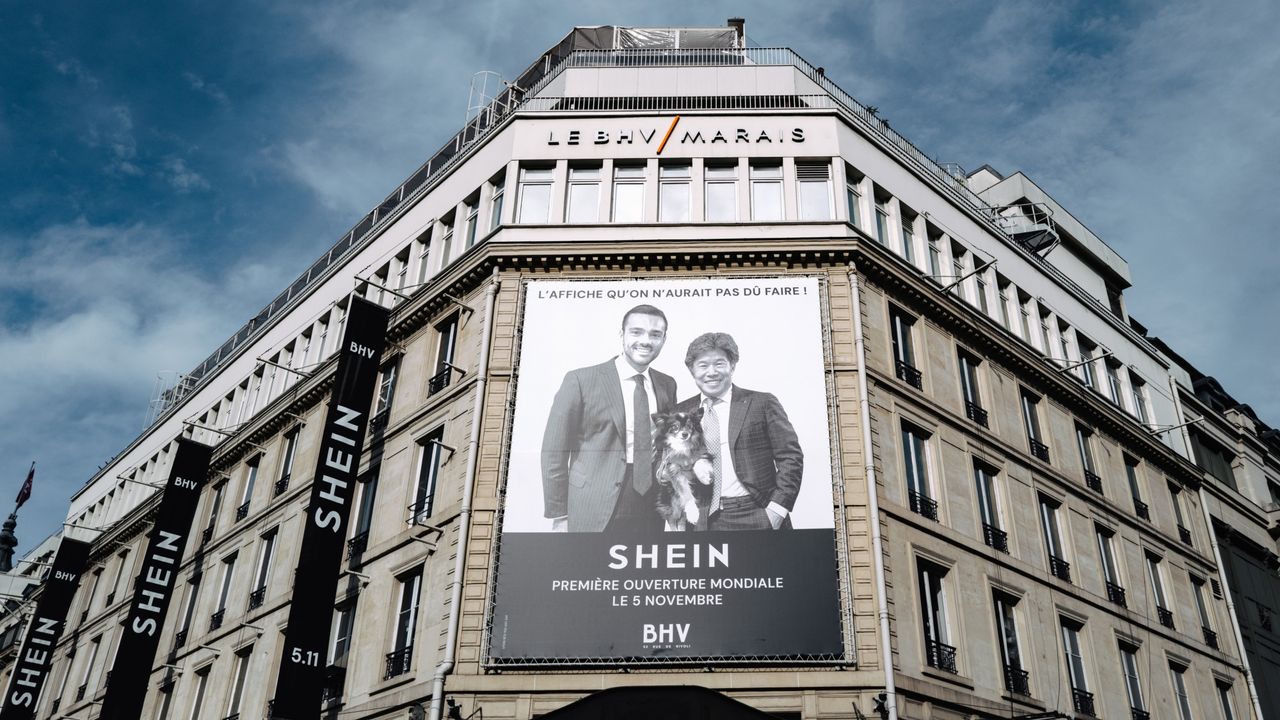
The Chinese ultra-fast fashion company Shein has opened its first physical store in Paris, a move viewed by many as a cultural surrender and the "Walmartification" of French fashion. This opening at the landmark BHV department store, which historically represented accessible luxury and good taste, has sparked widespread disgust.
Critics point to Shein's business practices, including exploitative labor conditions with workers reportedly forced to work 18-hour shifts for minimal pay, and accusations of forced labor. Despite public outrage and protests, the French public appears to be addicted to fast fashion, with a recent survey revealing that every respondent admitted to purchasing from fast fashion brands this year.
A significant portion of French shoppers, enticed by Shein's low prices and targeted marketing, have bought from the brand, indicating that the urge to buy often outweighs concerns about the company's conduct. Shein's success in Paris is evident, with the store's tills ringing and plans to open five more locations in France.
European politicians have been criticized for not adequately protecting domestic textile industries from companies like Shein, which are accused of circumventing regulations. This influx of cheap, mass-produced clothing threatens the survival of local manufacturers who cannot compete with these companies.
In contrast, the US has implemented a 100% tax on parcels from Shein, leading to a significant drop in shipments. European regulators are expected to take several years to address the issue, potentially leading to the closure of numerous domestic businesses in the interim.